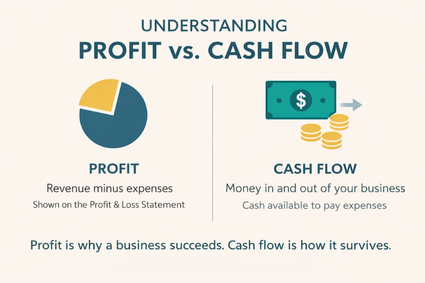Keeping Your Financial Data Secure: Best Practices for Bookkeeping
In today’s digital world, small businesses rely heavily on technology to manage finances. While this makes bookkeeping faster and more efficient, it also means sensitive financial data is more vulnerable than ever. A data breach or security lapse can lead to financial loss, compliance issues, and damage to your reputation.
At LOV Bookkeeping, we understand how important it is to protect your information. Here are some best practices to keep your financial data safe and secure.
1. Use Strong Passwords and Two-Factor Authentication
Simple or repeated passwords are an open door for cybercriminals. Always use unique, complex passwords and update them regularly. Add two-factor authentication (2FA) wherever possible for an extra layer of protection.
2. Keep Software and Systems Updated
Outdated software is one of the most common ways hackers gain access to systems. Regularly update bookkeeping software, operating systems, and security tools to patch vulnerabilities.
3. Encrypt and Back Up Your Data
Encryption ensures that even if someone gains access to your data, they can’t read it. Backups—stored securely in the cloud or offline—protect your business from data loss due to system crashes or ransomware attacks.
4. Limit Access to Sensitive Information
Not everyone in your business needs access to all financial data. Restrict permissions to only those who need it. This reduces the risk of accidental or intentional misuse.
5. Be Aware of Phishing and Fraud Attempts
Fraudsters often target small businesses with realistic-looking emails or messages. Always verify requests for sensitive information and train your team to recognize red flags.
6. Work with a Trusted Bookkeeping Partner
A reliable bookkeeping firm ensures your financial data is handled with professional-grade security measures and compliant processes. At LOV Bookkeeping, we prioritize both accuracy and confidentiality, so you can have peace of mind knowing your records are safe.
Bottom Line:
Protecting financial data isn’t optional—it’s essential. With the right practices and the right partner, you can keep your information secure while focusing on growing your business.




